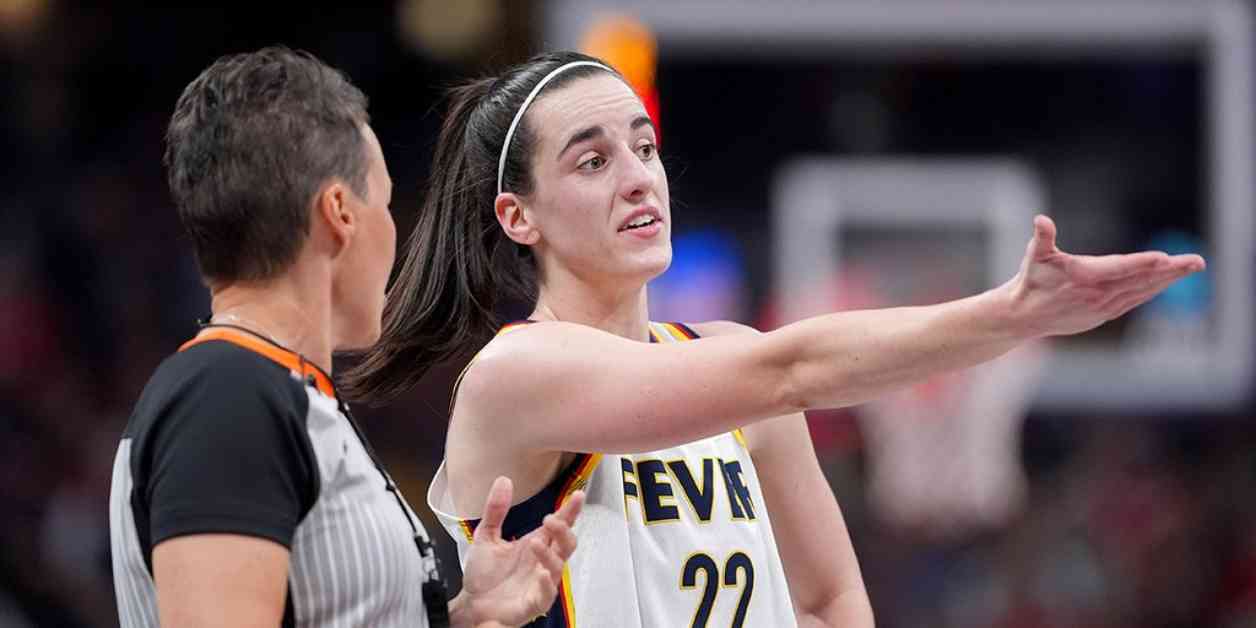The Indiana Fever has been struggling at the beginning of the season, but they have managed to turn things around recently. They secured a victory against the Washington Mystics, improving their record to 6-10. The standout rookie, Caitlin Clark, had an impressive performance with 18 points, six assists, and four steals. However, the focus shifted to the referees’ decision not to call a foul when a Mystics player appeared to make contact with Clark during a layup attempt.
Many fans and observers criticized the referees for missing the foul, as they believed that the contact affected Clark’s shot. This incident added to the ongoing debate about the level of physicality Clark faces in the WNBA. In a previous game against the Los Angeles Sparks, Clark mentioned that she often faces more physicality compared to other players.
In another controversial play against the Sky, Clark was knocked to the ground by a hard shoulder check from Chennedy Carter. The referees called a foul on Carter, and the incident was later reviewed as a flagrant-1 violation. Despite these challenges, Clark remains focused on playing through physical defense and continuing to contribute to her team.
During a recent game, Angel Reese was also called for a flagrant foul after hitting Clark in the head during a layup attempt. Reese defended her actions as a normal part of basketball, echoing Clark’s sentiment that physical plays are common in the game. Clark reiterated that such incidents are just part of basketball and acknowledged the referees’ decisions.
Throughout the season, Clark has been a key player for the Fever, averaging 16.3 points and 6.2 assists per game. Despite facing tough defense and hard fouls, she remains dedicated to making plays and helping her team succeed on the court.
The controversy surrounding missed fouls and physical plays in the WNBA games involving Caitlin Clark highlights the challenges faced by players in a competitive league. As the season progresses, fans and observers will continue to closely watch how referees handle such situations and how players like Clark adapt to the physical nature of the game.





















